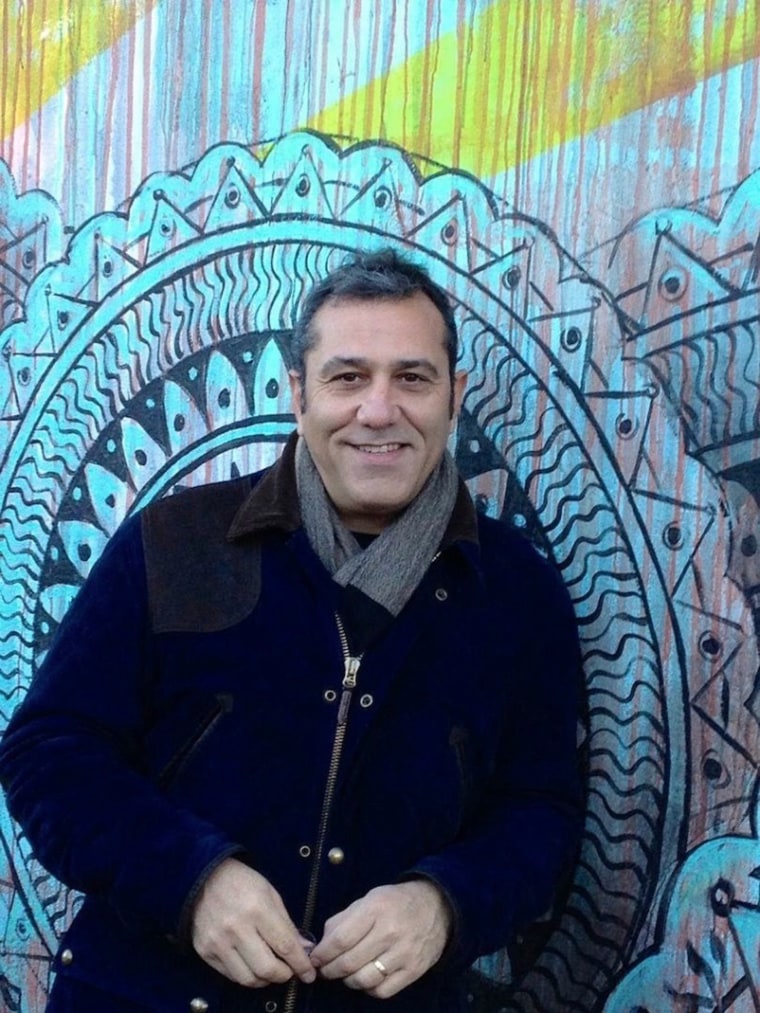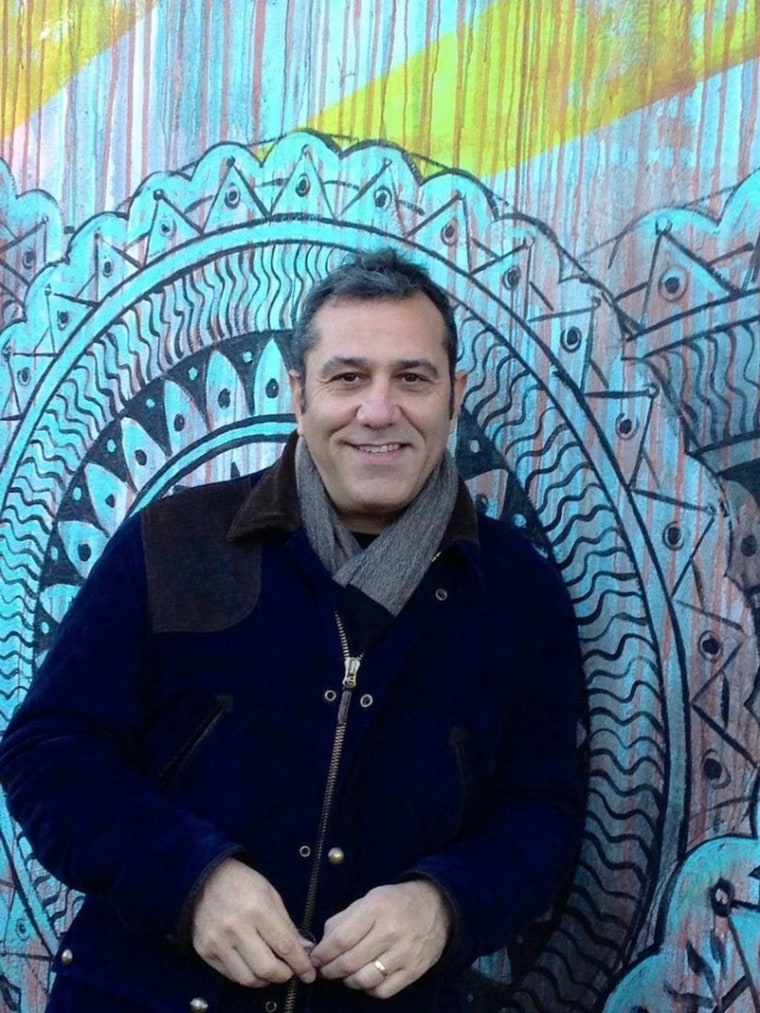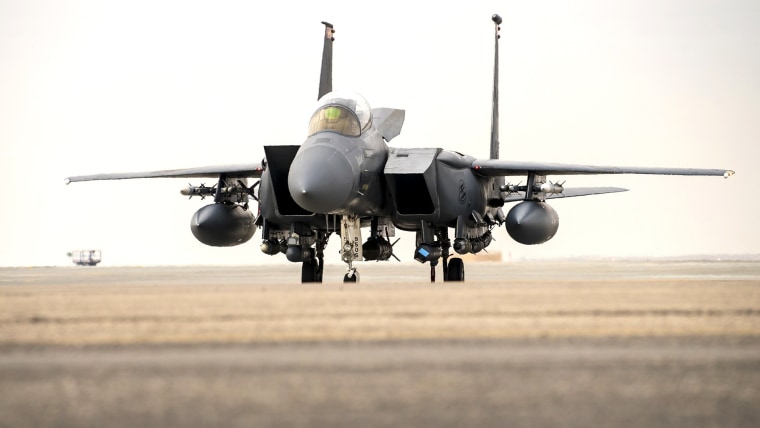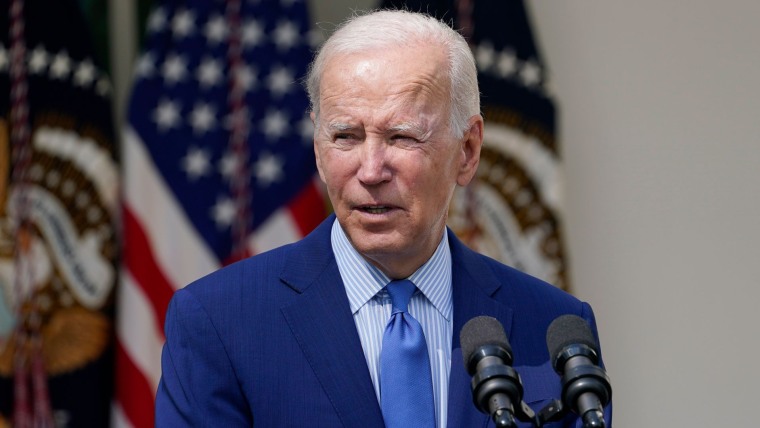As nuclear talks with Iran remain deadlocked, families and advocates of Americans imprisoned in Iran are appealing to the Biden administration to take urgent action to bring their loved ones home.
Neda Sharghi, whose brother Emad Sharghi has been imprisoned in Iran since 2018, told lawmakers on Thursday that the Biden administration and Congress needed to show the courage necessary to win the release of detained Americans.
“We all have everyone’s empathy and sympathy. What we don’t have is the moral courage to make the really difficult decisions that have to be made to recover our hostages,” Sharghi said at an event on Capitol Hill.
She did not elaborate on what concessions might have to be made, but previous releases of detained Americans in Iran have featured prisoner exchanges or the release of funds blocked by U.S. sanctions.
Speaking at an event organized by House lawmakers to call attention to Americans wrongfully detained abroad, Sharghi said, “Please advocate for us, urge our White House to use all tools available to them to secure the freedom of our loved ones.”
She also said efforts to win the release of imprisoned Americans should not be “complicated by broader geopolitical issues.”
Sharghi said the imprisonment of her brother has been a shattering experience for her entire family.
“Over four years of his life has been taken away from him simply because he is a proud American citizen,” she said.

Siamak Namazi, who has been held in Iran for seven years — longer than any other Iranian American — issued an emotional public appeal through his lawyer this week, saying the Biden administration should not tie the fate of imprisoned U.S. citizens to the outcome of the nuclear negotiations between world powers and Iran.
“Gambling the fate of US hostages in Iran on the success of the nuclear talks is negligent & cruel. We must be freed first, & now!” Namazi said in tweets posted by his lawyer Tuesday.
Namazi has been behind bars since 2015 on espionage charges that the U.S. government, the United Nations and human rights groups say are baseless. His elderly father, Baquer Namazi, was imprisoned in 2016 and is now on medical furlough.
“My father Baquer Namazi, an ailing 85-yr-old hostage who urgently requires major surgery, won’t survive another long wait,” Namazi said in the tweet.
“No more empty promises please! I’m at the end of my tether after seven years of being caged in Iran, solely for being a US citizen. I implore @POTUS to get involved & show the resolve needed to free ALL US hostages here before it’s too late.”
For the past year and a half, the U.S. and other world powers have been trying to negotiate a revival of the 2015 nuclear deal with Iran, but the talks appear to have hit a stalemate in recent weeks. Secretary of State Anthony Blinken said this week that Iran’s recent proposals made a renewal of the deal “less likely.”
The accord, known as the JCPOA, or Joint Comprehensive Plan of Action, calls for restrictions on Iran’s nuclear program in return for the easing of U.S. economic sanctions. President Donald Trump withdrew the U.S. from the deal in 2018.
The nuclear negotiations at times have appeared on the verge of an agreement, raising hopes for the imprisoned Americans and their families only to be dashed as the talks deteriorated. In an op-ed in The New York Times in June, Siamak Namazi wrote of the pain caused by the false hopes fueled by diplomats predicting a breakthrough.
“There is no greater agony for a prisoner than being tantalized with the prospect of imminent freedom that never materializes,” Namazi wrote. “No greater pain than surrendering to hope, only to have it whisked out of reach.”
In a statement, a State Department spokesperson said, “The president is deeply committed to ensuring all U.S. citizens who are wrongfully detained overseas return home safely. His heart goes out to their families and loved ones, who suffer every day.”
The U.S. has cited four Americans that it says are wrongfully detained: Siamak Namazi, Baquer Namazi, Emad Sharghi and Morad Tahbaz.
The Biden administration says that it places the highest priority on securing the release of imprisoned Americans and that the negotiations aimed at reviving the 2015 nuclear agreement are separate from talks on securing the release of detained Americans.
“We don’t want to tie their fates to what could remain an uncertain or even impossible proposition. So we have always treated these on a separate track,” State Department spokesperson Ned Price told reporters on Thursday.
“That is why even in the absence of a JCPOA, at least at this moment, we’re continuing to do everything we can to see the release of these American detainees at the first possible opportunity.”
Iran’s U.N. mission did not immediately respond to a request for comment. Iran has denied accusations it has arbitrarily imprisoned Americans or other foreigners and says foreigners are tried according to due legal process.
At the event on Capitol Hill, Nizar Zakka, a U.S. legal resident and Lebanese national who was imprisoned in Iran from 2015 to 2019, said it was unacceptable that Siamak Namazi had been behind bars for so long, and questioned why the U.S. government had not found a way to use its leverage to bring him home.
“I’m sure we had opportunities over seven years to get Siamak back,” Zakka said. “It’s painful. Somebody has to do something about it.”






